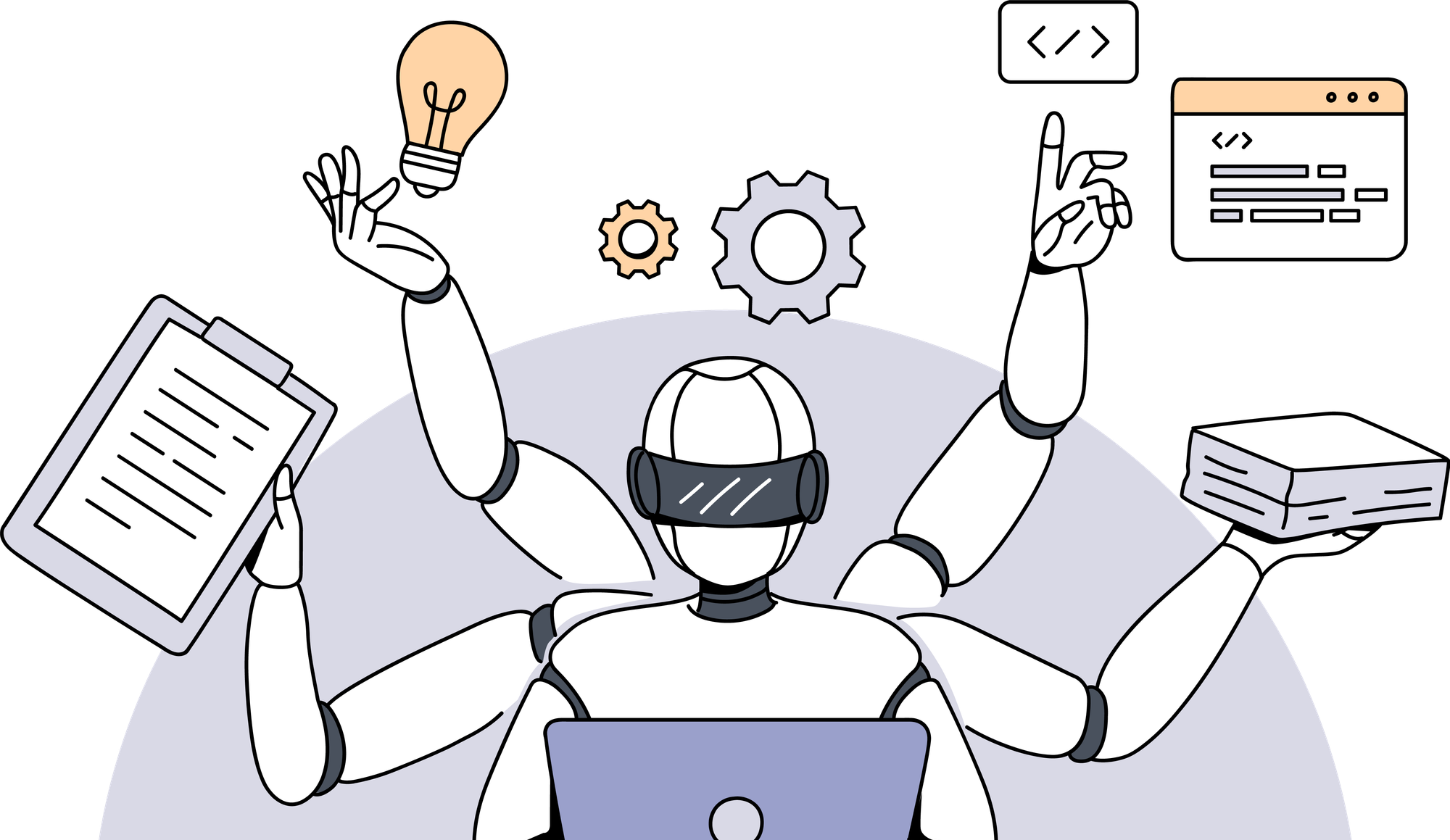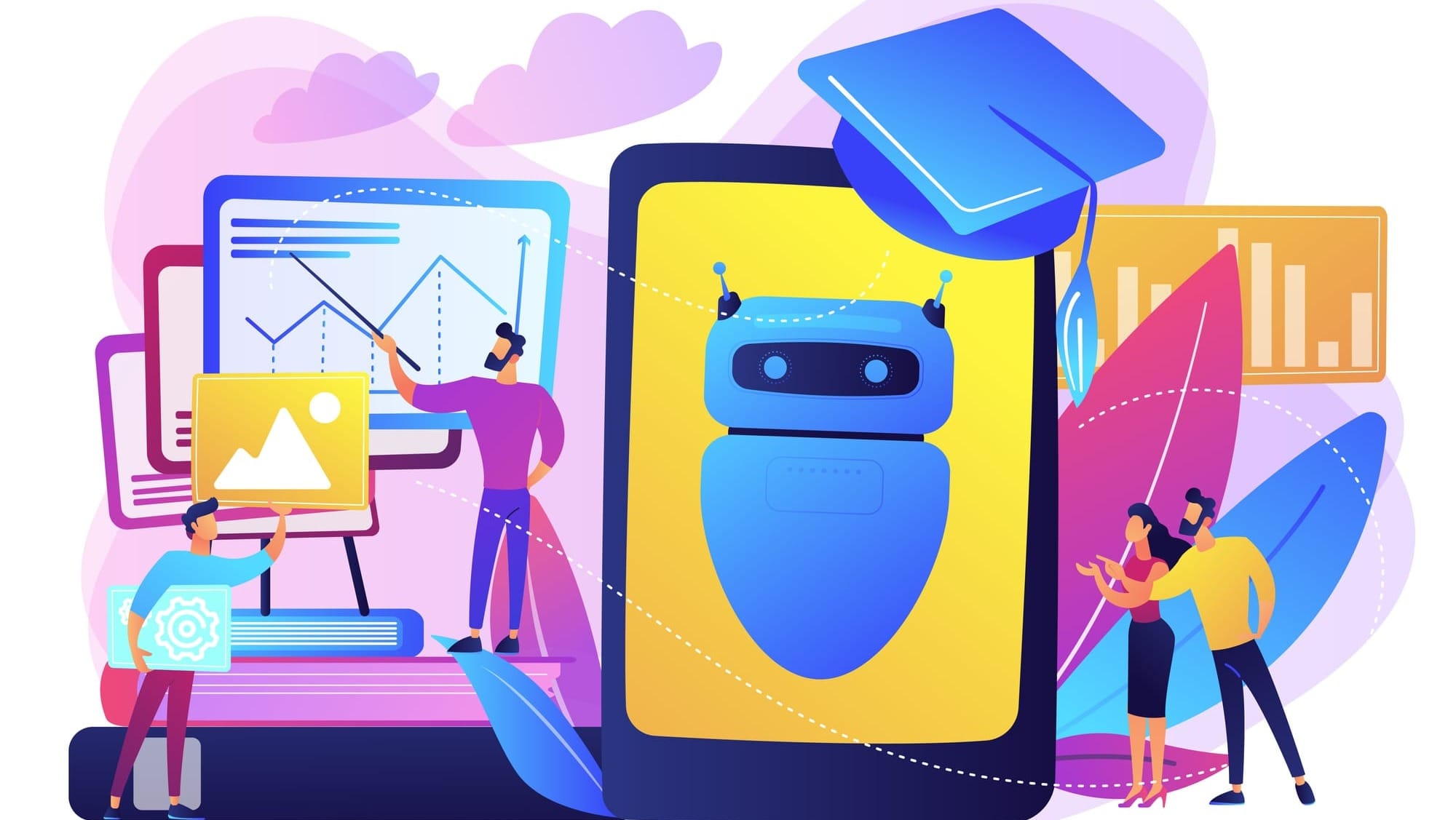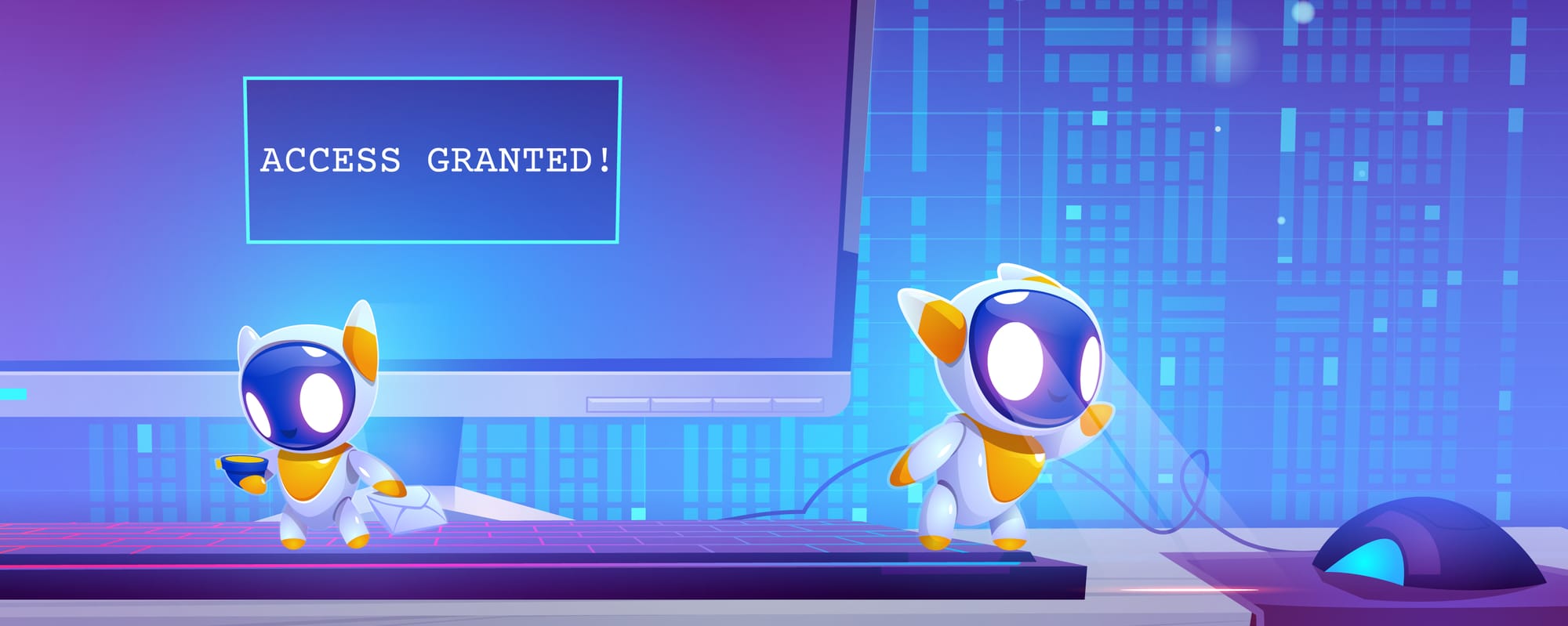Where Satya Nadella’s Sees the Use of AI Agents Going and What It Means for Security and Privacy
Microsoft CEO Satya Nadella shares his vision for AI agents, highlighting their potential to streamline tasks and the importance of strong privacy and security measures to mitigate risks.

Satya Nadella, Microsoft CEO, said during a recent interview he had with Bill Gurley and Brad Gerstner, that he believes AI agents will drastically change the way use software. He went as far to say that he believes it will result in some types of software for example cloud based Saas becoming less used over time. There are advantages using AI agents especially as it relates to efficiency, however as with new technologies, there will be new cybersecurity and compliance concerns that must be addressed. Follow me now as I share with you what Satya Nadella said about these concerns and what we can learn from it.
Will AI Agents Change the Way we use Software?
Yes, Nadella believes that AI agents will change how we interact with software mainly due to how more efficient they are at completing repetitive tasks among others. This would give business owners and other types of users more time to spend with other things. AI agents generally would stand between the user and the many different data sources the user needs, processing this data from many sources to give better information that can help a business to be more efficient at what it does. The interaction would also be more natural, for example by voice using natural language of expression instead of complicated commands or series of steps with the present applications used.
This change will provide new possibilities:
- Optimization: AI agents would take care of simple repetitive tasks allowing us to dedicate more time to other important tasks for example the strategic side of things.
- Integration: AI agents have the ability to bring together information from different sources. For example, a Marketing agency that manages different online assets for a client can easily pull together data from different sources like google analytics with data from sales and user click behavior to emails sent to them, providing a bigger picture so their client can make more informed decisions related to their business.
- Accessibility: AI agents can play the role of a digital assistant to help a user understand new and complex aspects of the business in a much shorter time. For example, instead of spending a lot of time covering information not required AI agents can help with focusing on the type of information required by the user enhancing their training and ongoing learning.
Unfortunately, these efficiencies do present a challenge which if not managed correctly can create cybersecurity risks and privacy concerns to users if cybercriminals seek to exploit them.

Present Risks Using Traditional AI Agents
1. AI agents Centralized Vulnerability
Nadella points to an “over-the-top” control or what we could say is the centralized access to multiple systems, and databases. While this is very convenient, it introduces vulnerabilities that can be exploited by a cybercriminal.
- Potential Risks:
- Easy Access to Data: Because AI agents have access to many data sources, It somewhat make things easier for a cybercriminal who no longer has to focus on compromising many sources but only one.
- Trojan Like Attack: Cybercriminals can use the trojan type of attack and create a malware disguised as an AI agent so that they would be able to gain unauthorized access to systems.
2. Data Collection Risks
AI agents basically run on data and are able to combine different sources of data to give new perspectives for users who may have been limited to seeing the different data a part or had a complicated procedure attempting to combine them, this could be from different sources for example databases or other applications, emails or the internet. This centralization of all that data is a single point of failure and can make AI agents a target by cybercriminals.
- Potential Risks:
- Data Breaches: A successful attack on an AI agent could leak sensitive data from all the systems and databases they are connected to.
- Unauthorized Access: Often times persons use weak authentication for convenience however if this is exploited by a cybercriminal, they can gain access and do an impersonation attack leading to a data breach.
3. Lack of Control and Compliance
AI agents are new, and many implementations have not taken into account security or compliance requirements. AI agents are automated and could do things that could make an organization not compliant also some agents do not provide ways for a user to control or override actions.
- Potential Risks:
- Compliance Requirements: Every effort must be made to ensure that the use of AI agents does not go against applicable compliance regulations in your region, for example GDPR or HIPAA.
- User and Customer Trust: To build trust the user must know that there're monitoring the agent's tasks, for example a log and real-time alerts to be made aware if an AI agent operates outside of what is expected.
Consider the Following When Using AI agents
1. User Consent and AI agent Transparency
Although AI agents are autonomous, there should be measures in place for the user to override that if necessary. There should be a process to have and enforce user consent for their information being accessible by AI agents.
- Key Concerns:
- User Information: Ensure that the access to user information is not abused by the use of AI agents. There should be built in steps to enforce restrictions to AI agents accessing certain information without the user's consent. For example, personal information.
- Behavioral Tracking: Ensure that AI agents tracking and monitoring are made know to users and ensure that monitoring and alerts are in place to be aware if this changes.
2. Closed and Open Systems
AI agents are only able to operate within the security settings of an Operating System (OS). A closed system has more strict security controls similar to having a restricted system like the mobile iOS platform, with a more open system that gives the user a lot of controls similar to the Windows OS. Both systems impact on the user's privacy and security.
- Key Concerns:
- Open Systems: Users must exercise best practices and care because they can unknowingly modify permissions to a level that could make the system vulnerable also giving the AI agents too many privileges. This is similar to mobile apps on your phone when you get a prompt to give it certain permissions such as access to your camera and mic or your address book.
- Closed Systems: A closed system on the other has reduced permissions which would limit how users can use it and could have an impact on their creativity or innovation at work.

How AI agents Can Be Used by Small Businesses and Schools
1. Schools
Education Optimized – AI agents can automate repetitive tasks and provide personalized interaction which can revolutionize education.
- Use Cases:
- Automate the recording of student attendance.
- Customizing lesson plans according to studies on how a child learns best.
- Help with grading assignments and providing feedback.
- Security Measures:
- Use role-based access controls to limit agent permissions.
- Ensure every AI agent's interaction is compliant through regular audits.
2. Small Businesses
AI agents could take over the business's inventory management, customer support, and financial monitoring.
- Use Cases:
- Customer inquiries via chatbots.
- Automated invoice generation.
- Inventory activity and low stock alerts.
- Security Measures:
- Enforcing multi-factor authentication (MFA) for agents.
- Inform staff and stakeholders on the data used to train the AI agents.
3. Individuals
Personal AI agents might make it easier to do things like manage schedules, or control smart home devices.
- Use Cases:
- Voice Assistants for to-do lists and reminders
- AI-powered budgeting tools.
- Smart home automation.
- Security Measures:
- Occasionally check and restrict device permissions.
- Do not store sensitive information in AI-powered applications unless it is necessary.

The Lasting Effect of Reducing Risks: Cybersecurity
A multi-layered approach is key to being able to leverage the power of AI agents while mitigating risks:
1. Implement Security Guardrails
Nadella is an advocate of building security right into operating systems. Key features include:
- Privileged access management, so agents only have access to what they need.
- Monitoring in real-time to identify and intervene in prying actions.
2. Set Well Defined Consent Procedures
Users need to have explicit, granular control over AI agent permissions:
- Implement opt-in consent for every action.
- Clearly explain how data is utilized and stored.
3. Enhance Authentication and Access Control
Limit interactions with AI agents to only those users and devices that are authorized to do so:
- Use MFA and strong passwords.
- Implement role-based access control in enterprise environments.
4. Regularly Audit AI Activity
Regular review of AI interactions can detect misuse or vulnerabilities:
- Record every action taken by AI agents.
- Monitor logs for any suspicious activity or unauthorized access.
5. Educate Users
Encourage the use of AI agents with proper safeguards:
- Provide training for employees on how to use AI safely.
- Make it easy for consumers to understand the documentation.
The Future: Striking a Balance Between Progress and Protection
The use of AI agents can change the way we interact with technology by guiding us through systems that are intuitive and efficient. But, as Satya Nadella points out, that transformation must be built on the foundation of robust security and privacy principles. As this happens, with strong safeguards in place, AI agents will be good agents.
Whether you are a school administrator, a small business owner or an individual welcoming A.I. into your everyday life, the path to success involves watching out. Implement best practices, stay ahead of emerging risks and always default to user control.
References
- Nadella, Satya. (2025). Interview on Bg2 Pod with Bill Gurley and Brad Gerstner. YouTube.
- European Union. (2016). General Data Protection Regulation (GDPR). GDPR Info.
- Microsoft. (2023). Security Features in Microsoft 365. Microsoft Documentation.
- National Institute of Standards and Technology (NIST). (2022). Cybersecurity Framework. NIST CSF.
- OpenAI. (2025). AI Risk Management: A Guide for Enterprises. OpenAI Documentation.
By taking the steps to mitigate the security and privacy issues we reviewed in this article, small businesses, schools and individuals can safely and securely embrace AI agents that will help them gain traction in the use of an AI tool that can revolutionize their work. This is an important balance to maintain in order ensure trust in leveraging AI technology and realizing the transformational benefits of AI agents.
It is important to stay informed about the latest developments in cybersecurity. One way to do this is by joining our MasadaOffensive Guide subscription or consider subscribing to our paid MasadaOffensive Mastery monthly.





